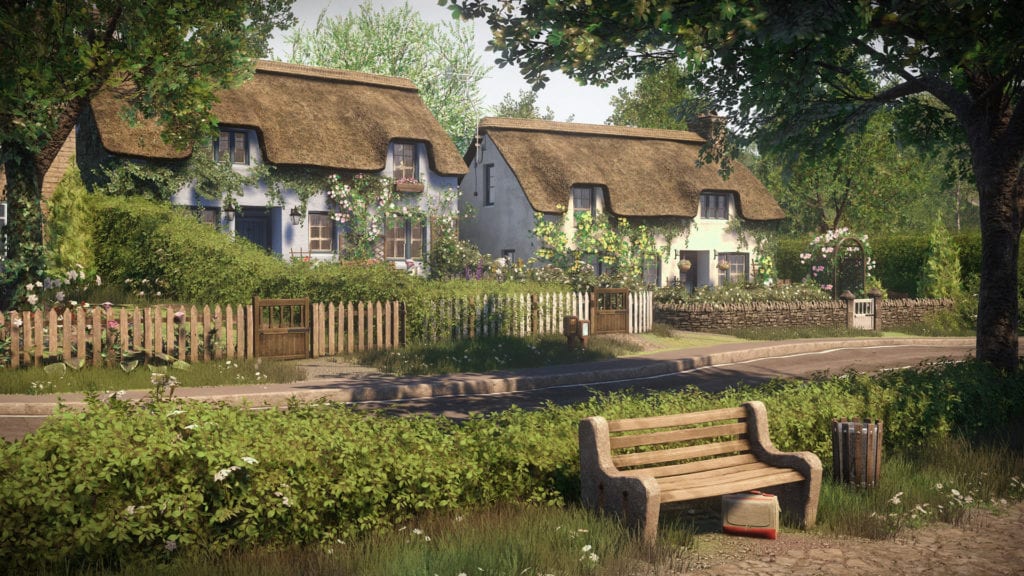The Chinese Room, developer of Dear Esther and Everybody’s Gone to the Rapture is to put a hold on game development. Co-founder Dan Pinchbeck posted that the studio was “going dark” for the forseeable future.
Pinchbeck’s lengthy post cites numerous reasons including health issues and financial pressures.
“Back in June, I had a health scare – nothing life-threatening, but enough to pull me up short and make us have a serious think about things. This was right at the tail end of development on So Let Us Melt, following a long period of ongoing pitches and negotiations to secure the follow-up project for the studio. To cut a long story short, the situation – between financial pressures, trying to keep the lights on for the employed team, the stress of end-of-development, health issues – just wasn’t a tenable thing anymore. It was time to take a break, recharge, recover and have a good think about the future.”
Because of the above reasons, the studio underwent layoffs in June but it’s not the end according to Pinchbeck.
“OK, two things. Firstly, it’s not the end, just a pause. The games are still on sale, merch, soundtracks, the Dear Esther tour, all of that. We’ll keep things gently ticking over: talking to fans, being on twitter, the usual stuff, just… less. We’re still making The 13th Interior (formerly Total Dark) – me and Andrew and Jess, pushing that forwards until it’s ready to throw a whole team at – and we’ve got plans (and funding) to go into a prototype period on Little Orpheus at the end of the year. So we’ll still be about, just not a fully active development team for the time being.
“Secondly, we’re essentially artists, Jess and I, who made a hit game without realising it, and became a studio faster than we planned for. And it’s been an amazing few years where we’ve made and released games we’re very proud of, and we’ve worked with great people and made great friends. But we’re makers, fundamentally, and our roles were increasingly making it very difficult to be practically involved in doing the things we love and we started the company to be able to do. We’re taking time to figure that out; how we get to be creatives, not managing directors. That’s a whole other job and skill set and lots of people do it really well and love doing it. But it’s not for us – it just led to stress and burn-out and a desperate need to actually make stuff again- whether that’s art, music, games, writing. So this break is a chance to reconnect with all of that, and we figure we’ve earned that time.”
Pinchbeck stresses that this is “the end of a chapter” for The Chinese Room but not the end of the studio.







Published: Sep 25, 2017 06:38 pm